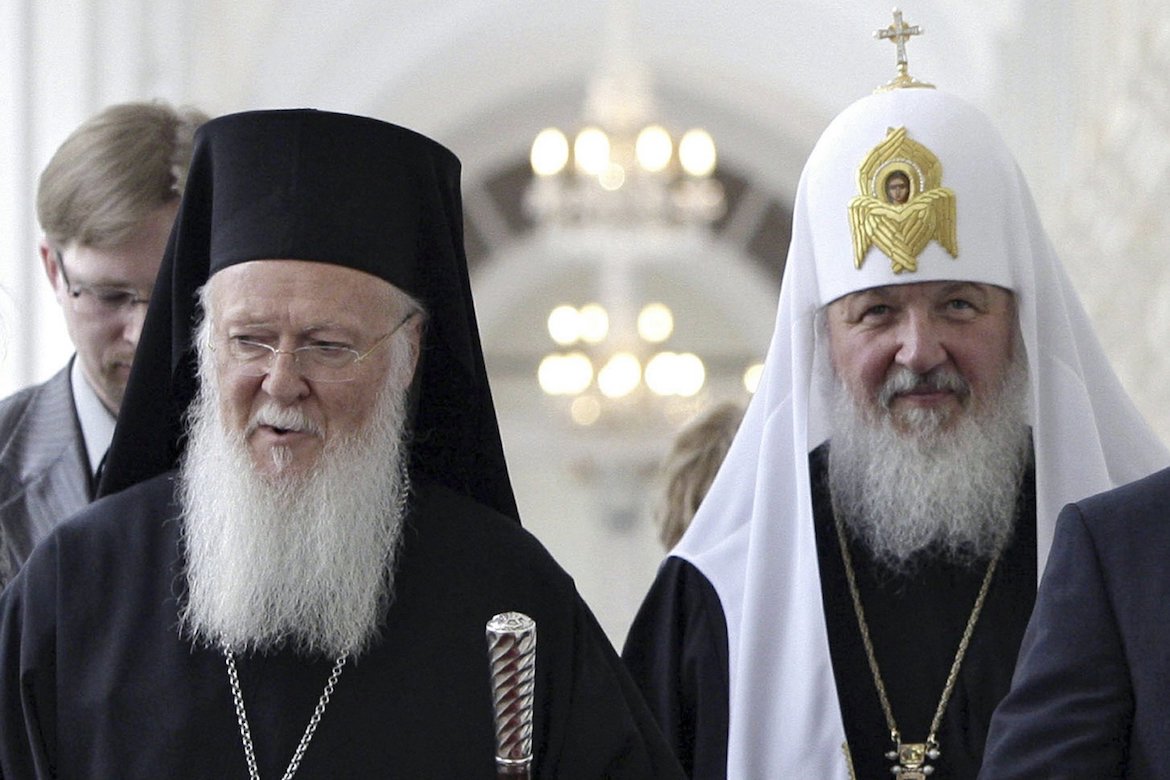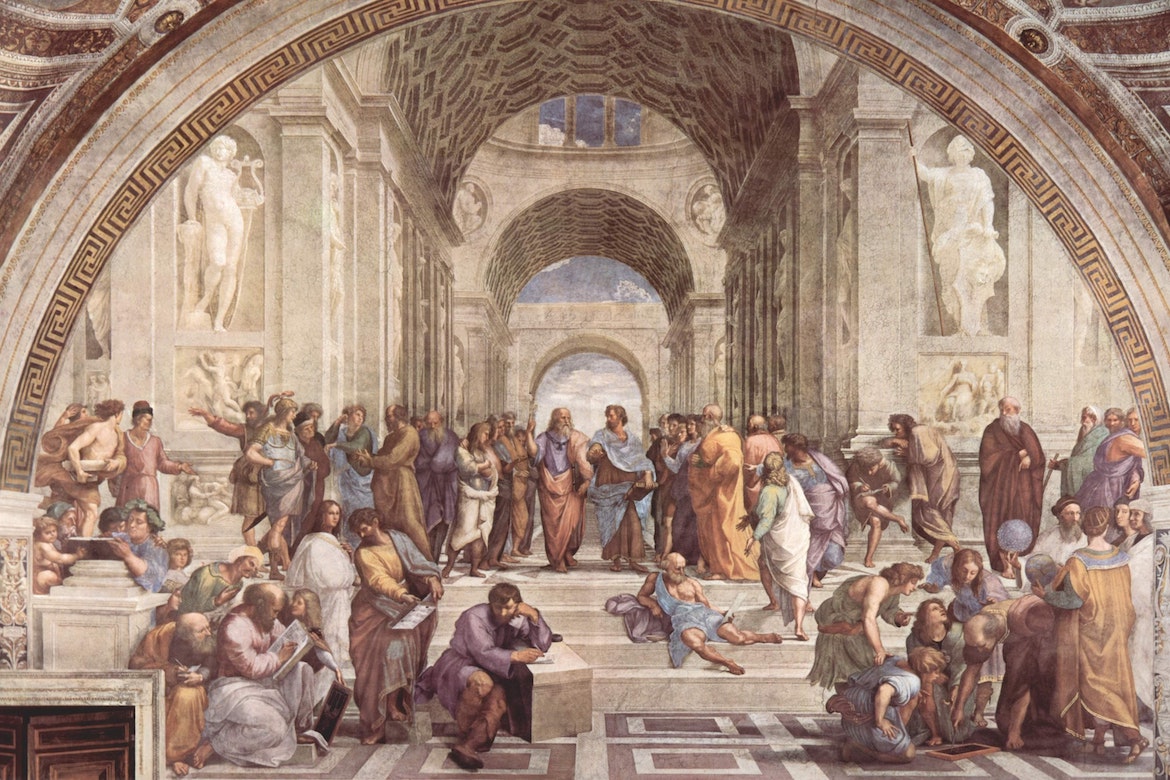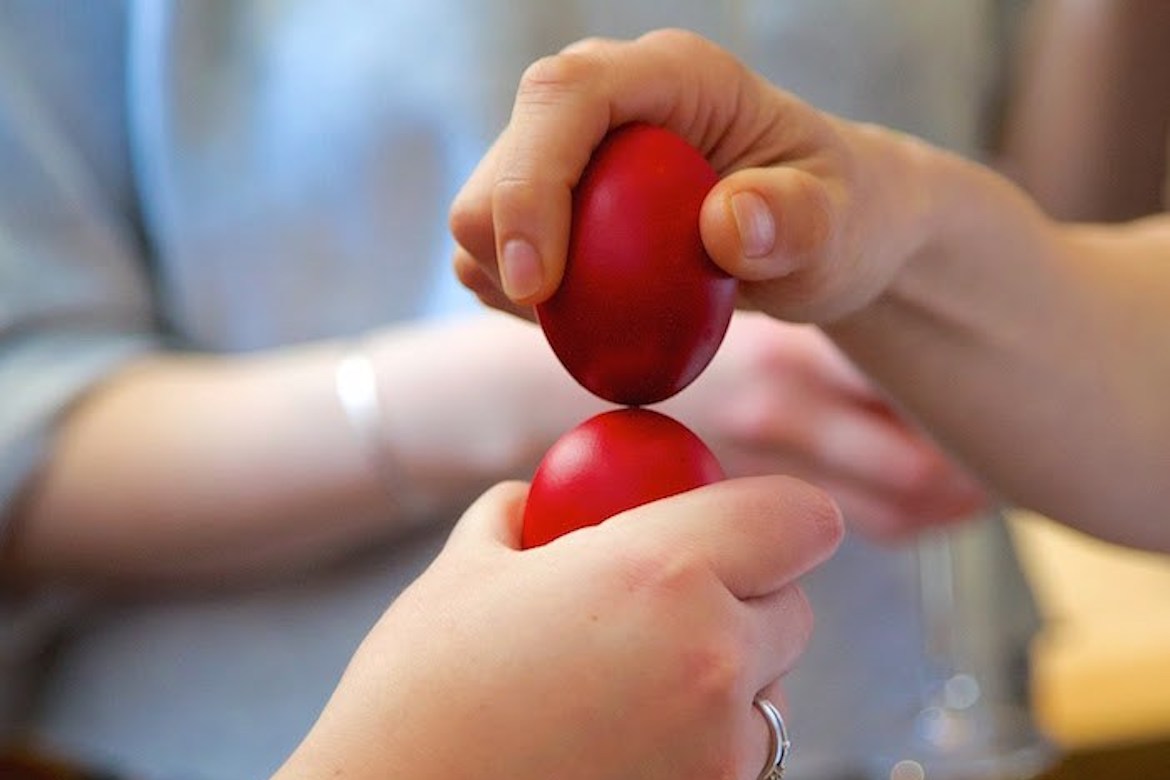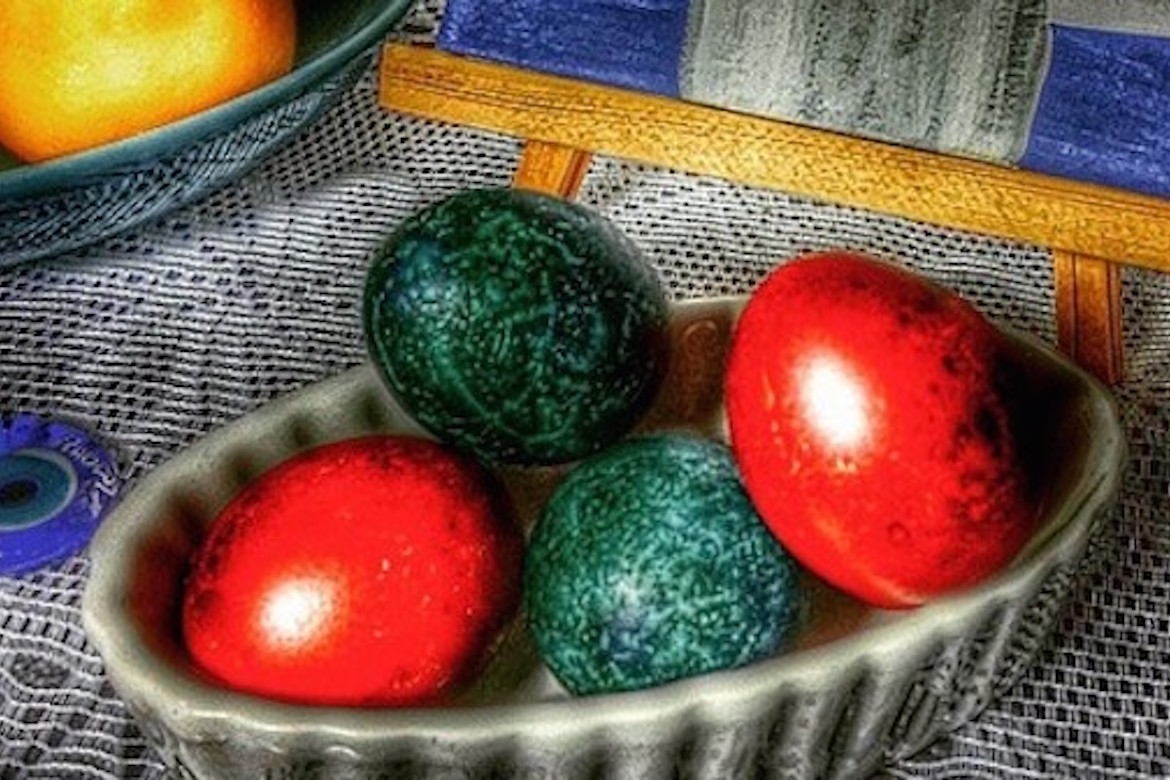It’s a major inter-religious split between the oldest and most prestigious Orthodox Patriarchate, the Ecumenical Patriarchate, which is considered the “first amongst equals” in the Eastern Christian Church and the Patriarchate of Moscow, the most populous.
Officially, it’s the breaking of “Eucharistic ties” between the two churches, from a decision of the Moscow Patriarchate synod, or committee of bishops.
Harsh words have come from the Russians, who accuse Constantinople of bowing to political pressure to grant the Orthodox Church in the Ukraine autocephalous, or independent status.
The complicated matter dates back to the 1600s and was exacerbated when Russia annexed Crimea from the Ukraine in 2014.
The United States has also been involved in the matter as it has attempted to keep the Ukraine in its sphere of influence. The State Department even issued a statement in support of the Ecumenical Patriarchate’s efforts to grant independence to the Ukrainian Church.
But Russia sees Kiev in the Ukraine as the historic “cradle” of the Russian Orthodox Church and the Church now fears losing many of its 12,000 parishes in Ukraine, not to mention significant real estate holdings and power.
But what does the severing of “eucharistic communion” mean to the average rank and file Orthodox Christian?
For starters– it means a lot more to those on the ground in the Ukraine, whose parishes have been impacted by the decisions of the much higher-ups.
Steve Rosenberg of the BBC published a video on his Twitter profile that has been viewed more than 50,000 times with various local newspaper headlines speaking of possible violence and staged hysteria organized by Russian officials.
As the Russian Orthodox Church breaks with Constantinople over Ukraine, one Russian paper slams the Russian authorities: “Their desire to keep Ukraine in Russia’s sphere of influence at all costs has led to a new Cold War & dangerous confrontation with global civilization.” pic.twitter.com/0vjhqE8lK2
— Steve Rosenberg (@BBCSteveR) October 16, 2018
But in some diverse countries like Australia, Canada and the United States, where numerous “Pan-Orthodox” communities exist, the complications get sticky.
Breaking Eucharistic communion means that Russian Orthodox Church clergy will no longer be able to worship or perform ceremonies together with the the hierarchs and clerics under the jurisdiction of the Ecumenical Patriarchate of Constantinople.
When Eucharistic communion is suspended, the patriarchs from the quarreling churches typically stop mentioning each other in their prayers, though Patriarch Kirill already stopped mentioning Ecumenical Patriarch Bartholomew over a month ago.
Russian Orthodox rank and file Christians will no longer be able to take communion or participate in other sacraments at churches within the Constantinople Patriarchate’s jurisdiction.
What this means is that if a community exists, like a church under the jurisdiction of the Greek Orthodox Archdiocese of America, and that community has Russian Orthodox Christians who were baptized in a Russian Orthodox community that is aligned or under the jurisdiction of the Moscow Patriarchate, then technically and according to the Russian breaking of ties, that Russian Christian cannot take part in services or sacraments at that Greek Orthodox Church.
Why? Because the Greek Orthodox Archdiocese of America is under the direct jurisdiction of the Ecumenical Patriarchate of Constantinople via the seven Metropolises in the United States.
The same applies in Canada, Australia and much of Europe.
This also means that if you’re a Greek Orthodox Christian in the United States, Canada, Australia or anywhere in Europe where the Constantinople Patriarchate has jurisdiction (the UK, France, Spain and elsewhere), it means that you aren’t allowed to pray or participate in sacraments in any churches under the Russian Patriarchate’s jurisdiction.
Interestingly (and confusingly), if you live in Greece and belong to a parish of the Church of Greece, then this doesn’t impact you since the Greek Church is autocephalous.
But what happens if you were born and baptized in a Church in Athens, then emigrated to the United States and joined a Church in New York City and now fall under Constantinople’s jurisdiction, even though you were born and “registered” or baptized in a church that is independent?
Welcome to the confusion of the Orthodox Christian Church and a lack of cohesive structure that solves matters like this when crisis do arise.
***
For its own faithful who travel or live abroad, the Russian Orthodox Church drafted a list of all the churches where they can no longer pray.
Moscow Patriarchate spokesman Archpriest Igor Yakimchuk specifically noted that the Ecumenical Patriarchate’s churches are located in Istanbul and elsewhere in Turkey, on the Greek islands of Crete and the Dodecanese islands (which are separate Churches from the Church of Greece), as well as most of the Greek Orthodox Churches in Europe, the United States, Canada and Australia.
Yakimchuk also said that Russian Orthodox clergy will face disciplinary punishment for failing to observe the new prohibitions, and laypeople will be asked to confess and repent to disobeying the church.
Mount Athos is also now closed to Russian Orthodox pilgrims. Patriarch Kirill’s press secretary, Fr. Alexander Volkov, announced during a press briefing that Mount Athos is in the Constantinople Patriarchate’s jurisdiction “with all the same consequences.” Mount Athos is a self-governing territory within Greece that includes 20 monasteries. The region is a popular place for pilgrimages by Russian politicians, bureaucrats, and business people. Vladimir Putin has visited several times.
*****
Since you’re here… I have a small favor to ask.
More and more people than ever before are reading The Pappas Post and despite increasing costs to maintain the site and provide you with the quality content that you deserve, I will never “force” you to pay for our website or add a paywall. I believe in the democracy of the internet and want to keep this site and its enriching content free for everyone. But at the same time I’m asking those who frequent the site to chip in and help keep it both high quality— and free. We’ve implemented a “free-will” annual subscription for those who want to support our efforts. I guess it’s fair to call it a philotimo subscription… because you don’t have to do it but it’s really the right thing to do if you love the site and the content we publish. So if you like The Pappas Post and want to help, please consider becoming a “philotimo subscriber”. Click here to subscribe. If you’d rather make a one time donation, we will gladly accept any amount, with appreciation. Click here to donate any amount.















